H.R. 3321: Ending Medicaid Discrimination Against the Most Vulnerable Act
The bill titled **Ending Medicaid Discrimination Against the Most Vulnerable Act** aims to amend the Social Security Act, specifically focusing on Medicaid funding for low-income individuals. The key components of the bill include:
Phase-Out of Enhanced Federal Match
The bill proposes to gradually reduce the enhanced federal matching rate for Medicaid medical assistance provided to low-income adults. This enhanced rate, which is a higher percentage of federal funding compared to regular Medicaid funding, has been crucial for states in supporting healthcare for low-income populations.
- Starting with the year 2027, the percentage of enhanced federal matching funds will decrease each calendar quarter until 2034, after which the federal assistance will revert to the standard rate applicable to the state.
- The bill establishes specific formulas to determine the percentage point decrease applicable to each state, which may impact state budgets and their ability to fund Medicaid programs.
Rules for Future State Participation
The legislation also sets rules regarding how states can participate in the Medicaid program in the future:
- For calendar years beyond 2024, non-expansion states—those that have not opted to expand Medicaid—will not receive the enhanced match even if they choose to provide medical assistance to the low-income population.
- Expansion states have the option to continue receiving the enhanced matching funds for individuals earning up to 100% of the federal poverty line, but only if they specifically choose to cover these newly eligible individuals.
Elimination of Temporary FMAP Increase
The bill seeks to eliminate a temporary increase in the Federal Medical Assistance Percentage (FMAP) that has been available to states that start providing medical assistance for low-income adults. This removal could lead to budget adjustments for states considering such expansions in the future.
Impact on Healthcare Access
By modifying funding dynamics under Medicaid, the legislation is anticipated to influence states' ability to continue or expand their Medicaid programs for vulnerable populations. This may lead to changes in healthcare access for low-income individuals depending on how states respond to these funding alterations.
Relevant Companies
None found
This is an AI-generated summary of the bill text. There may be mistakes.
Sponsors
20 bill sponsors
-
TrackChip Roy
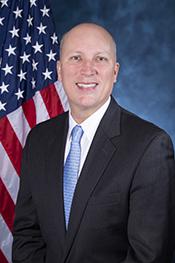
Sponsor
-
TrackAndy Biggs

Co-Sponsor
-
TrackLauren Boebert
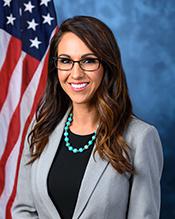
Co-Sponsor
-
TrackJosh Brecheen
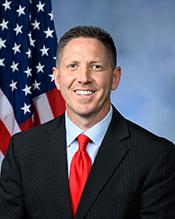
Co-Sponsor
-
TrackEric Burlison
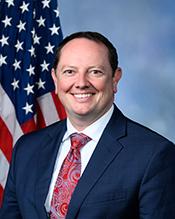
Co-Sponsor
-
TrackMichael Cloud
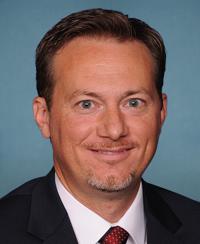
Co-Sponsor
-
TrackAndrew S. Clyde
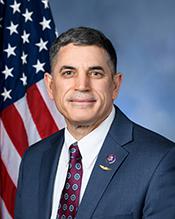
Co-Sponsor
-
TrackByron Donalds
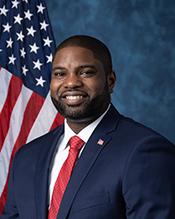
Co-Sponsor
-
TrackScott Fitzgerald
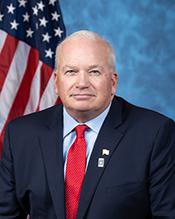
Co-Sponsor
-
TrackBrandon Gill
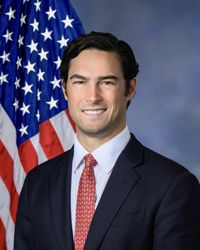
Co-Sponsor
-
TrackPaul A. Gosar
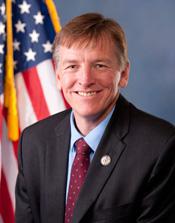
Co-Sponsor
-
TrackAndy Harris
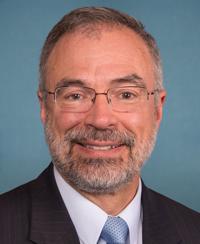
Co-Sponsor
-
TrackClay Higgins
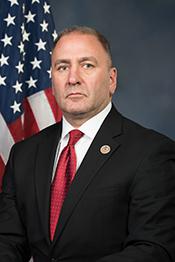
Co-Sponsor
-
TrackMary E. Miller
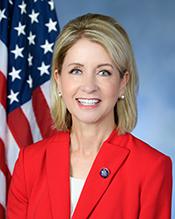
Co-Sponsor
-
TrackRalph Norman
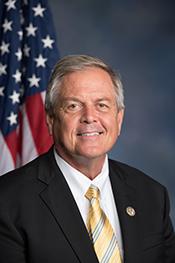
Co-Sponsor
-
TrackAndrew Ogles
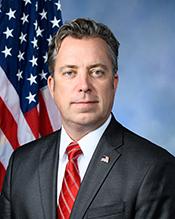
Co-Sponsor
-
TrackScott Perry
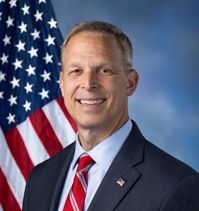
Co-Sponsor
-
TrackKeith Self
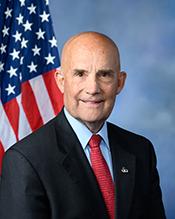
Co-Sponsor
-
TrackVictoria Spartz
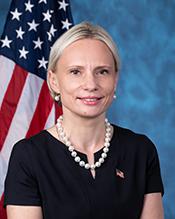
Co-Sponsor
-
TrackThomas P. Tiffany
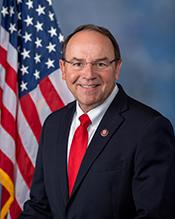
Co-Sponsor
Actions
2 actions
| Date | Action |
|---|---|
| May. 09, 2025 | Introduced in House |
| May. 09, 2025 | Referred to the House Committee on Energy and Commerce. |
Corporate Lobbying
0 companies lobbying
None found.
* Note that there can be significant delays in lobbying disclosures, and our data may be incomplete.
Potentially Relevant Congressional Stock Trades
No relevant congressional stock trades found.